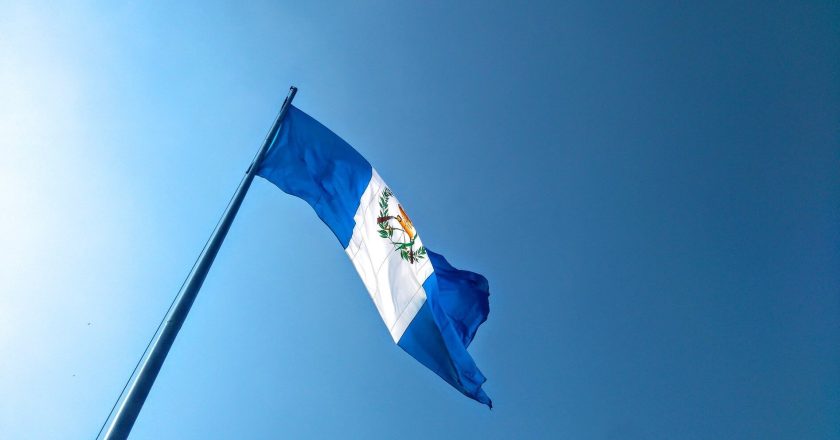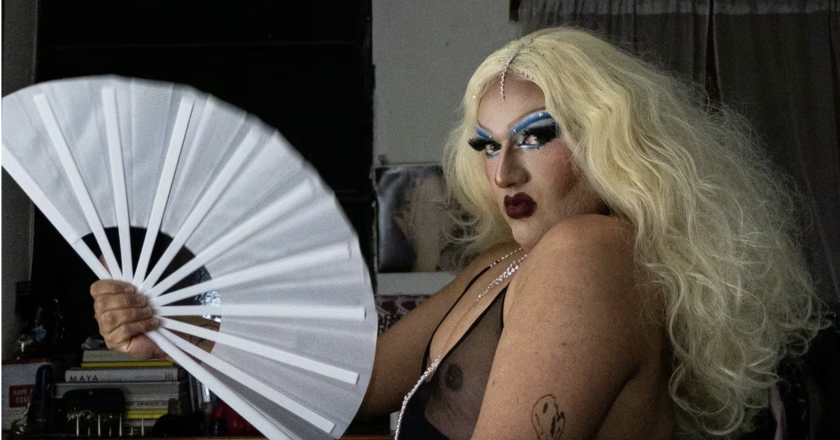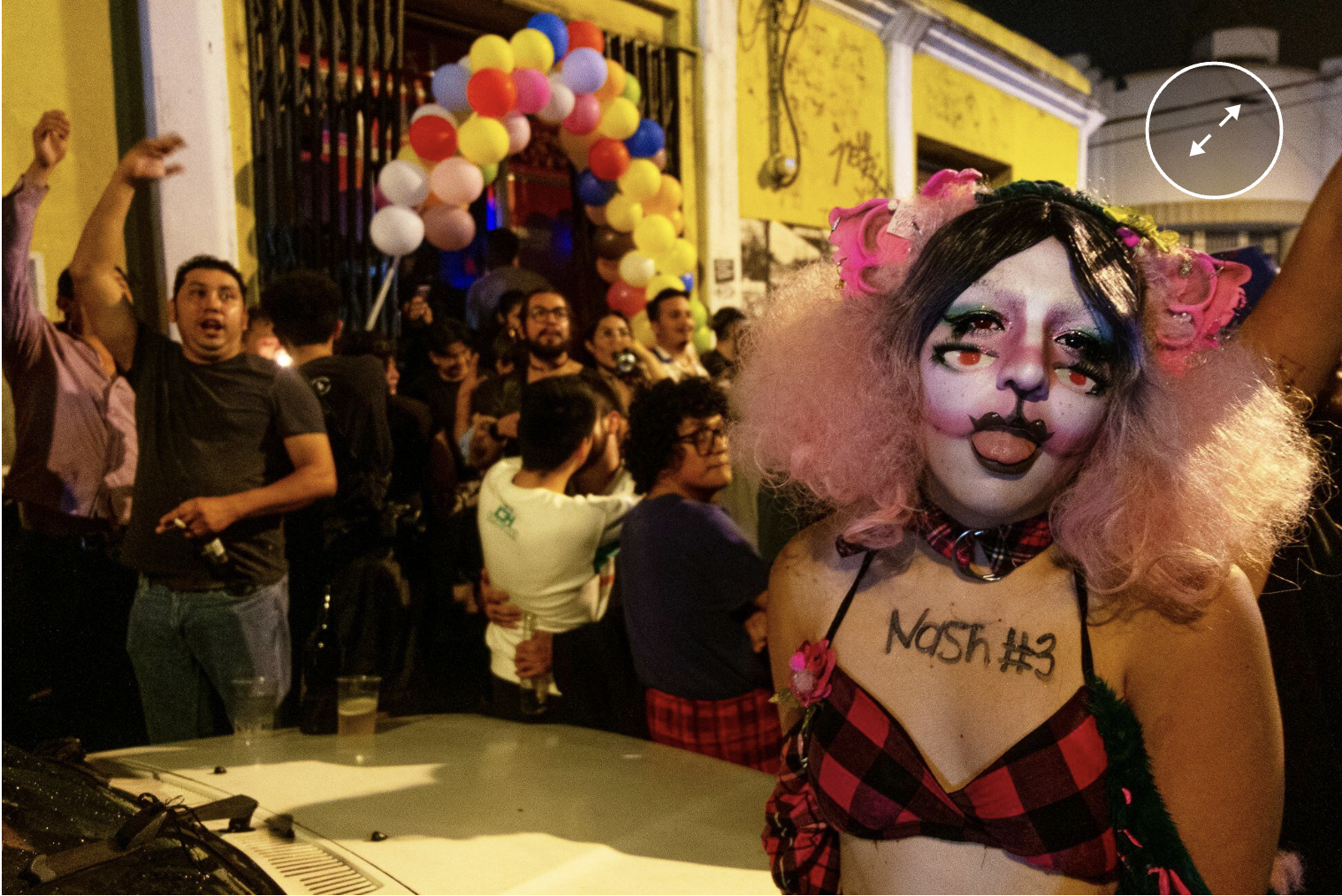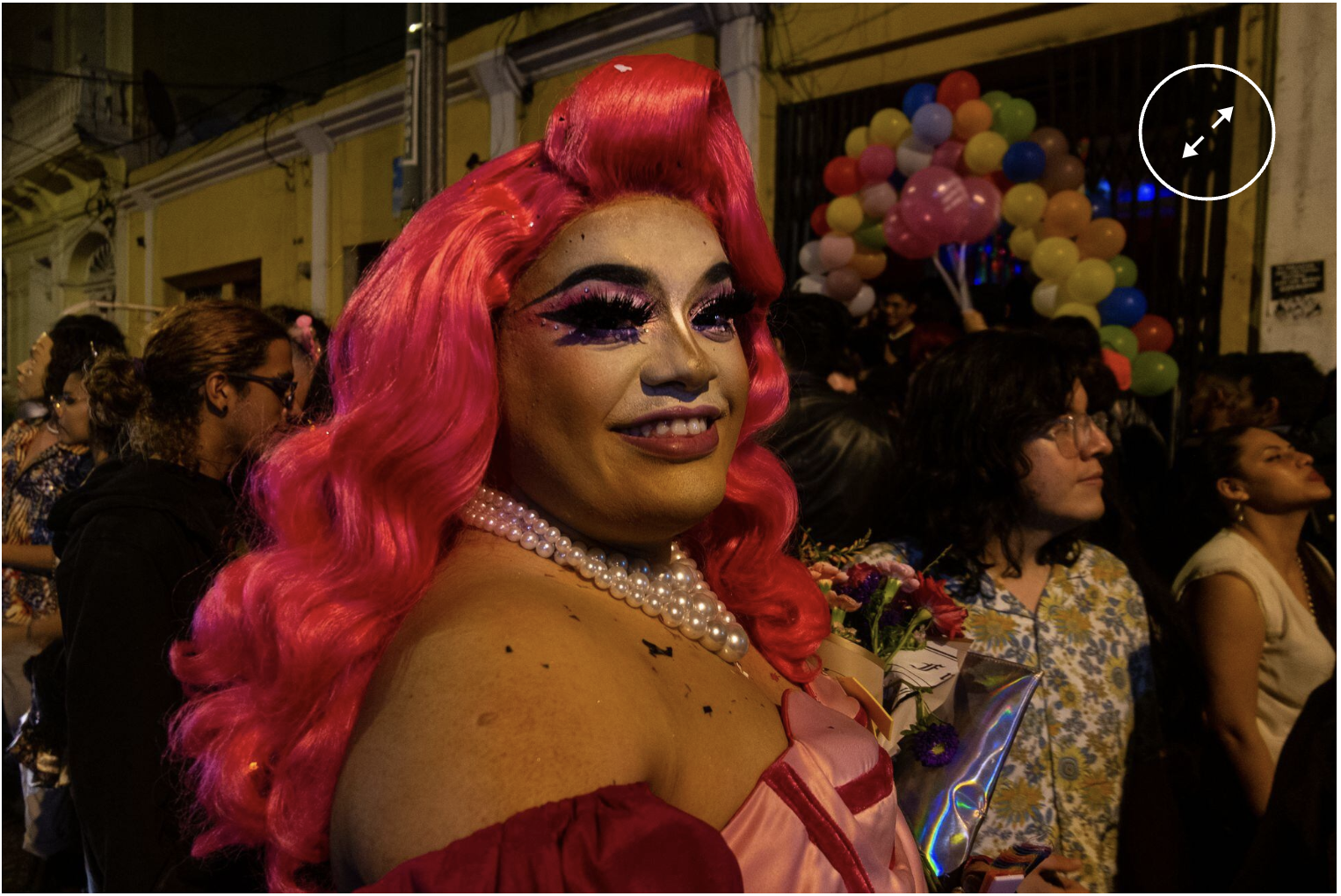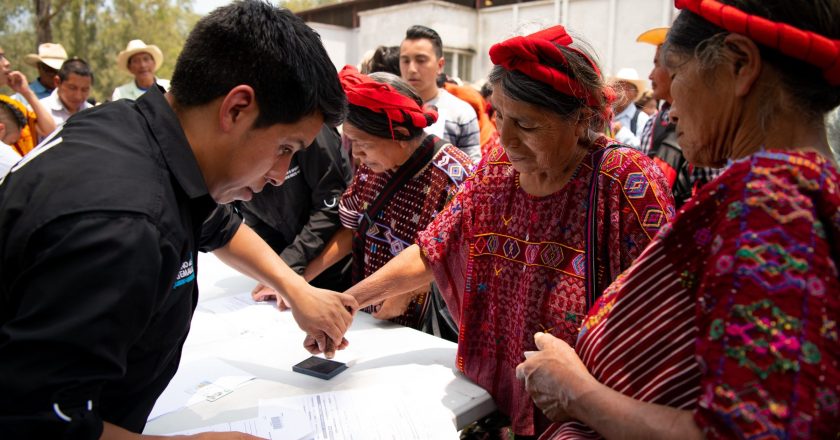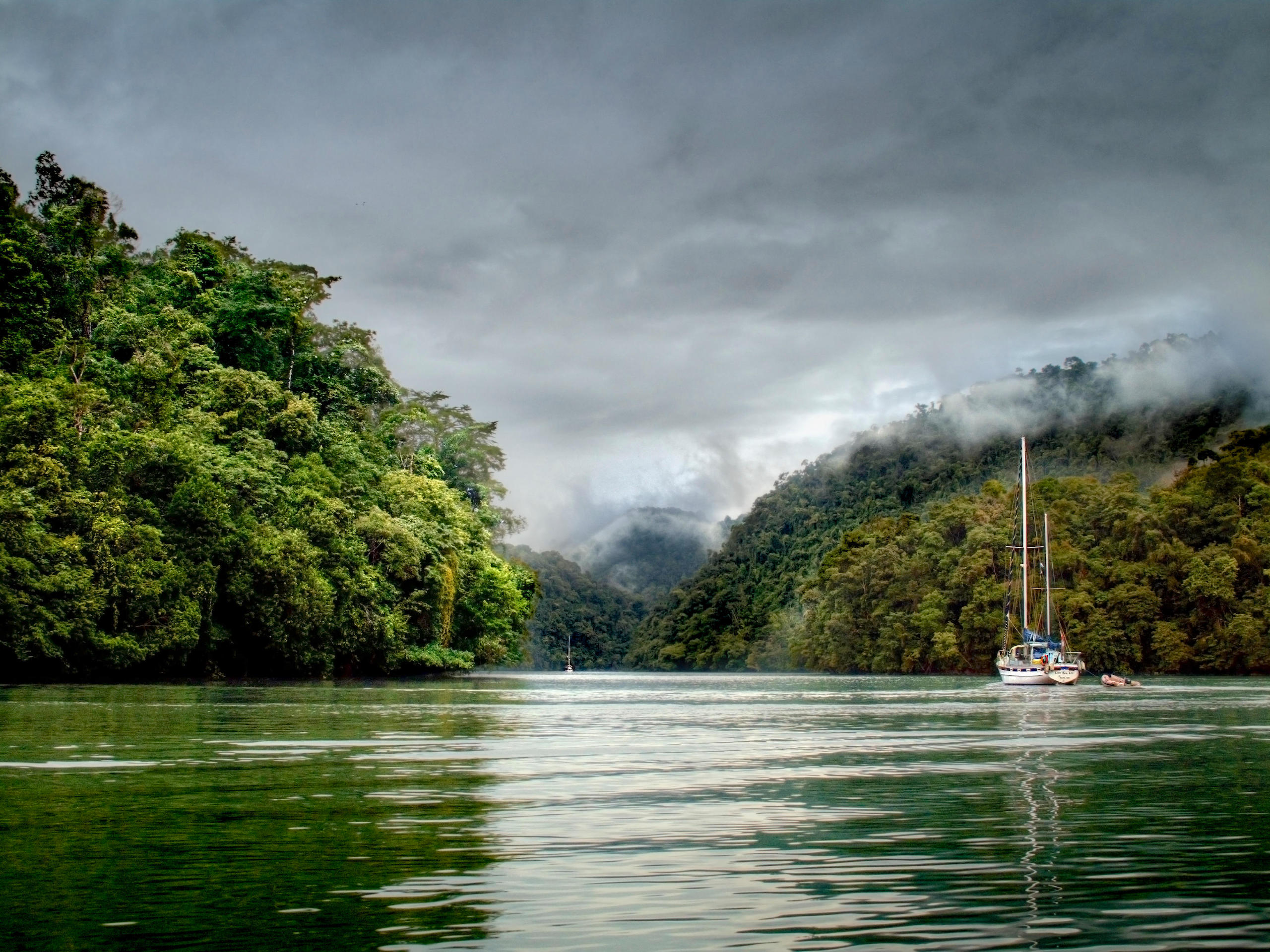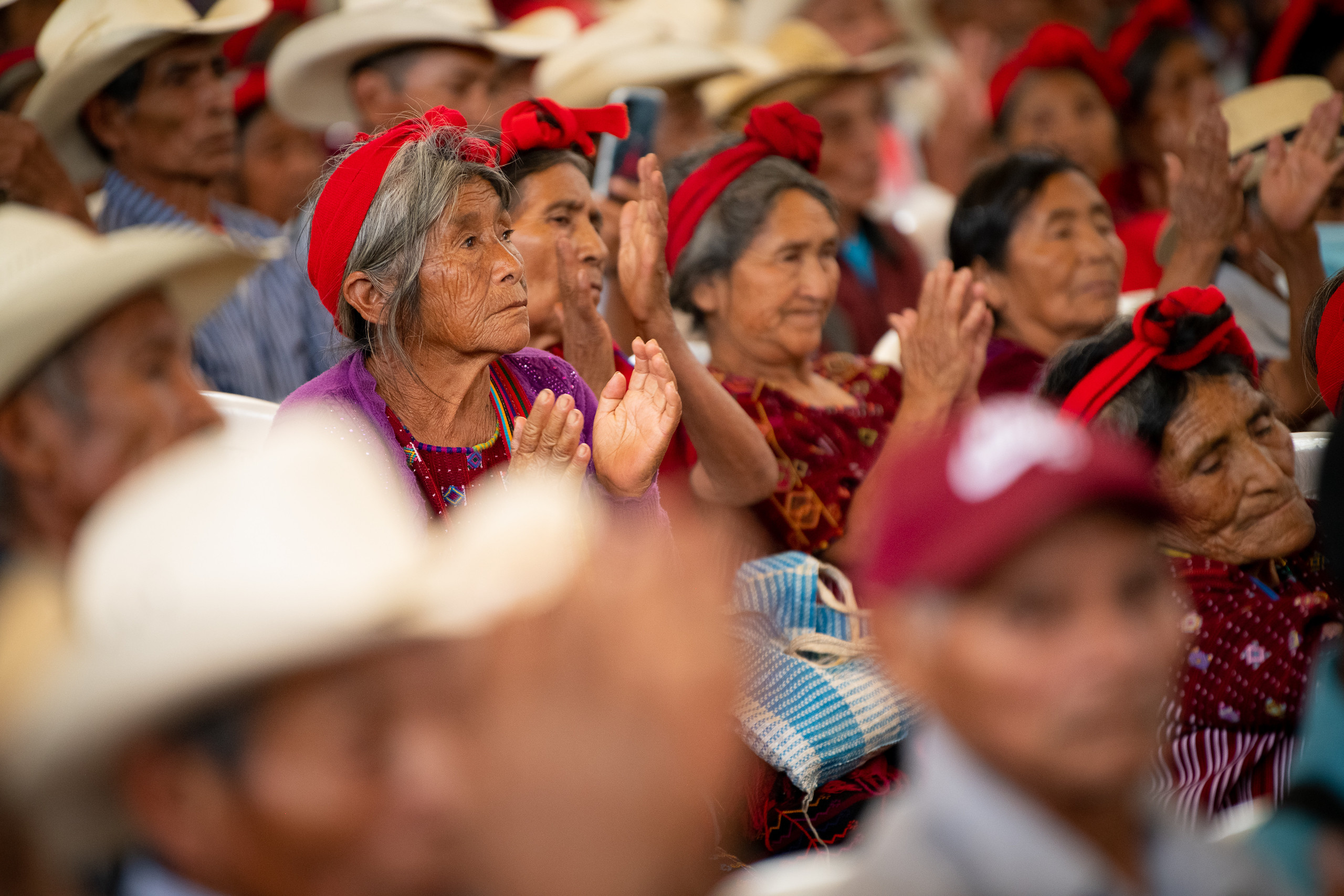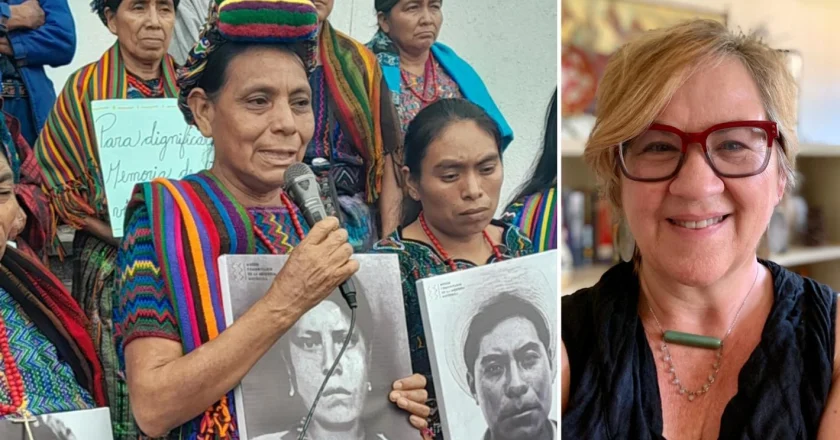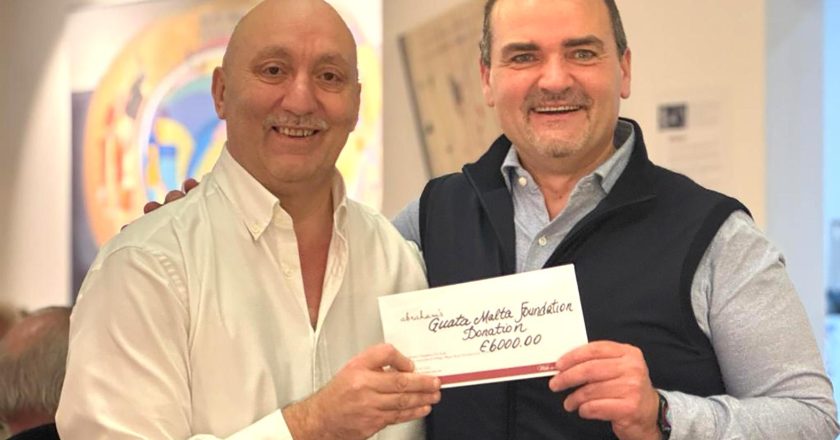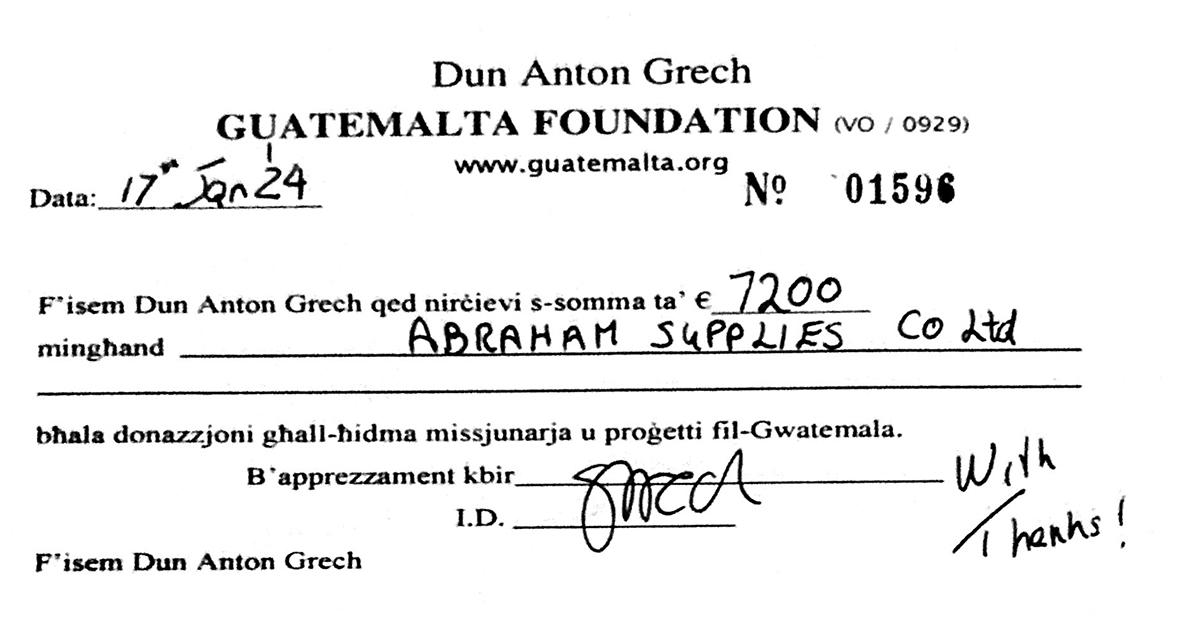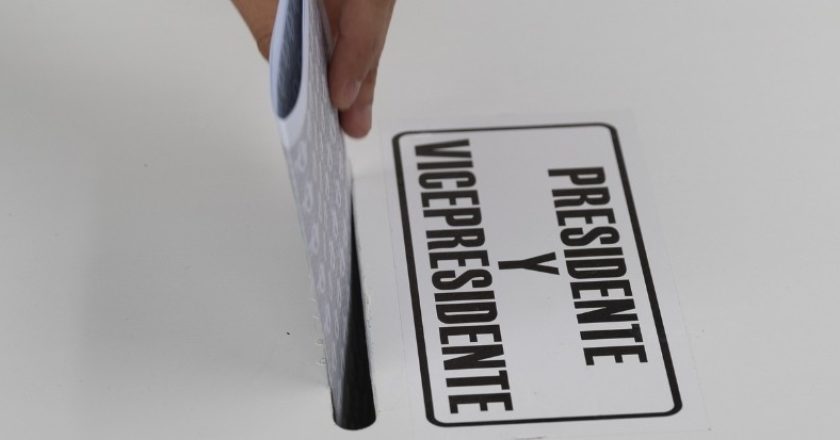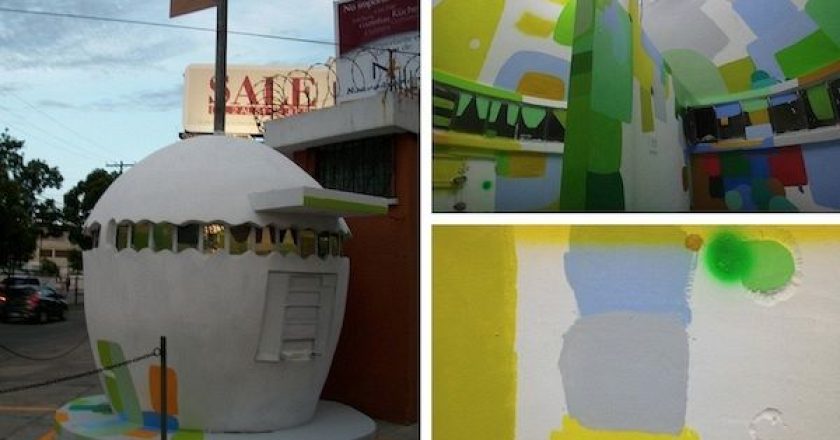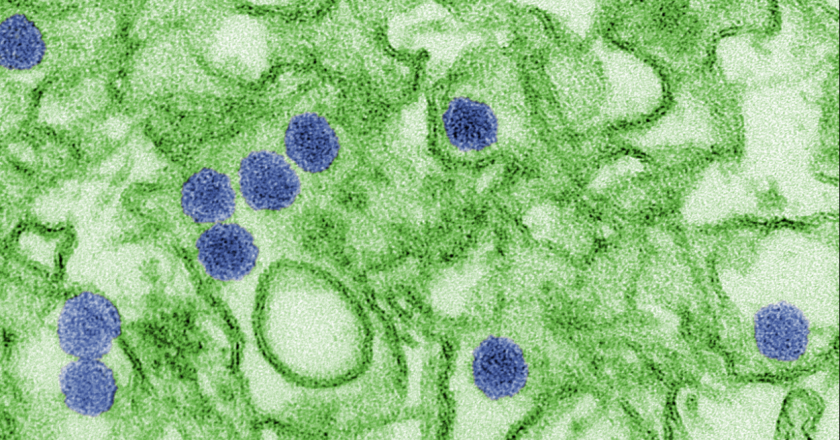Guatemala is a Presidential Democracy where citizens vote directly for their President, Vice President, local authorities, and congressional representatives. However, if you Google what is happening in Guatemala right now, you will read headlines about a democracy in grave crisis in what is a beautiful country of 18 million people.
Elections in this small Central American country last August, saw Bernardo Arevalo leading the young center-left social democratic party “Semilla” and winning the second round of the presidential elections with the support of 59 percent of eligible voters.
But the powerful who rule Guatemala have no interest in Semilla taking power early next year. That is because Semilla’s stated aim is to fight corruption and rescue a flawed democracy which has been captured by historic oligarchies, corrupt politicians, and criminal mafias. Together they are known in Guatemala as “The Pact of the Corrupt” or the “Criminal Alliance”.
Semilla (the Spanish word for seed) is a new political party created by young intellectuals, social activists and progressive thinkers, and supported by the young urban middle class. Following its victory, indigenous people, women’s groups, and other civil society organizations in the countryside soon joined demonstrations supporting the tiny party, as it faced a very difficult transition to power. For them, Semilla promised “a new democratic spring,” and a promise similar to that of the President-elect’s father, Juan Jose Arevalo when he became the first democratically elected president of Guatemala in 1944. His successor, Jacobo Arbenz continued with reforms but the CIA, which at that time lived in dread of the red menace creeping up the map of the Americas, labelled him a communist and organized a coup to destroy him.
It is important for Canadians to understand what is happening in Guatemala today because if Semilla is not allowed to take power, the country will undoubtedly become an authoritarian narco-state where impunity is the norm. Violence, oppression and corruption will become impossible to tackle because the tacit collusion between powerful corporate elites and criminal groups will solidify. Emigration, in these circumstances, will also increase as ordinary Guatemalans looks elsewhere for a better life.
Indeed, any country that fails to guarantee the basic needs of millions creates poverty and inequality, humanitarian crises and more violence. In Guatemala, citizens have already been prosecuted for their political thinking, social participation, human rights advocacy, and environmental protection efforts. More than 30 judges and prosecutors who were fighting corruption and impunity have been forced into exile. Journalists have been imprisoned and independent media threatened. Freedom of expression is quickly evaporating.
To understand President-elect Arevalo’s warning of a Coup D’état, is to look at the past. Historically, Guatemalan elites have enjoyed undeserved inherited privileges. This was the case up until 2007, when the Guatemalan Attorney General’s Office, along with the United Nations-backed International Commission against Impunity in Guatemala (CICIG), was established. CICIG soon began investigating organized crime and reinforcing local efforts to strengthen the rule of law. Then, in September 2015, after being implicated by CICIG, Guatemalan President Otto Molina was arrested on charges of customs fraud and bribery and he was recently sentenced to eight years in jail.
However, since the government closed CICIG in January 2019, the Guatemalan elite has combined with corrupt politicians and organized crime to undermine the rule of law and stop Arevalo from being inaugurated as President on January 14th. That’s because Semilla is unique. It is the only political party that has no connections with the “Pact of the Corrupt” and has also stated that it will not turn a blind eye to the human rights violations of some international mining and palm oil companies in Guatemala.
Whatever happens in Guatemala will affect both Central and North America. The fact that we divide up the world with political boundaries and a nation state framework does not exempt us from being influenced by the impacts of poverty, inequality, injustice, violence, oppression, environmental degradation, and violations of human rights elsewhere.
Indeed, a market economy, such as the one in Guatemala, that allows excessive wealth concentration is a dysfunctional one in which six out of 10 people live below the poverty line. Furthermore, two percent of Guatemalans own 98 percent of the land and racism and discrimination have become fully entrenched.
When this article was being written the Attorney General, Consuelo Porras, appointed by the current government and sanctioned by the US because of his involvement in significant corruption, was again on the march. He had ordered the head of the Public Ministry’s Office of the Special Prosecutor against Impunity, Rafael Curruchiche, to raid the headquarters of the Supreme Electoral Tribunal for the fourth time since the election.
As a result, the police arrived masked, and in cars with no licence plates, reminding Guatemalans of the dark days of dictatorship and genocide. They hijacked the boxes where legal documents pertaining to the final count of votes were stored, claiming that they needed to corroborate the data as there might be anomalies in the voting process. Both Semilla and the Supreme Electoral Tribunal appealed to Guatemala’s top courts to end the Attorney General’s unconstitutional attempts to prevent Arevalo becoming president. However, the country’s highest court has since upheld the suspension of his party over alleged voter registration fraud.
Guatemalan citizens have protested across the country as a result. Roads have been blockaded and Indigenous groups, and those living in rural areas, have called for an indefinite strike, while also demanding the resignation of both Porras and Curruchiche. The country is paralyzed and the situation so critical that the likelihood of the government attacking its own people is very high, especially as the Presidential transition period approaches.
In the end, any democracy that fails to provide for the freedom and well-being of all its citizens is a very flawed one. And a compliant justice system, such as the current one in Guatemala, that prosecutes the opponents of those who have captured the State and its institutions for their own benefit cannot be considered just. Yet, while many countries are speaking out in support of the new government, Canada, which has enjoyed 60 years of diplomatic relations with Guatemala, has not.
It has a moral duty to do so.

